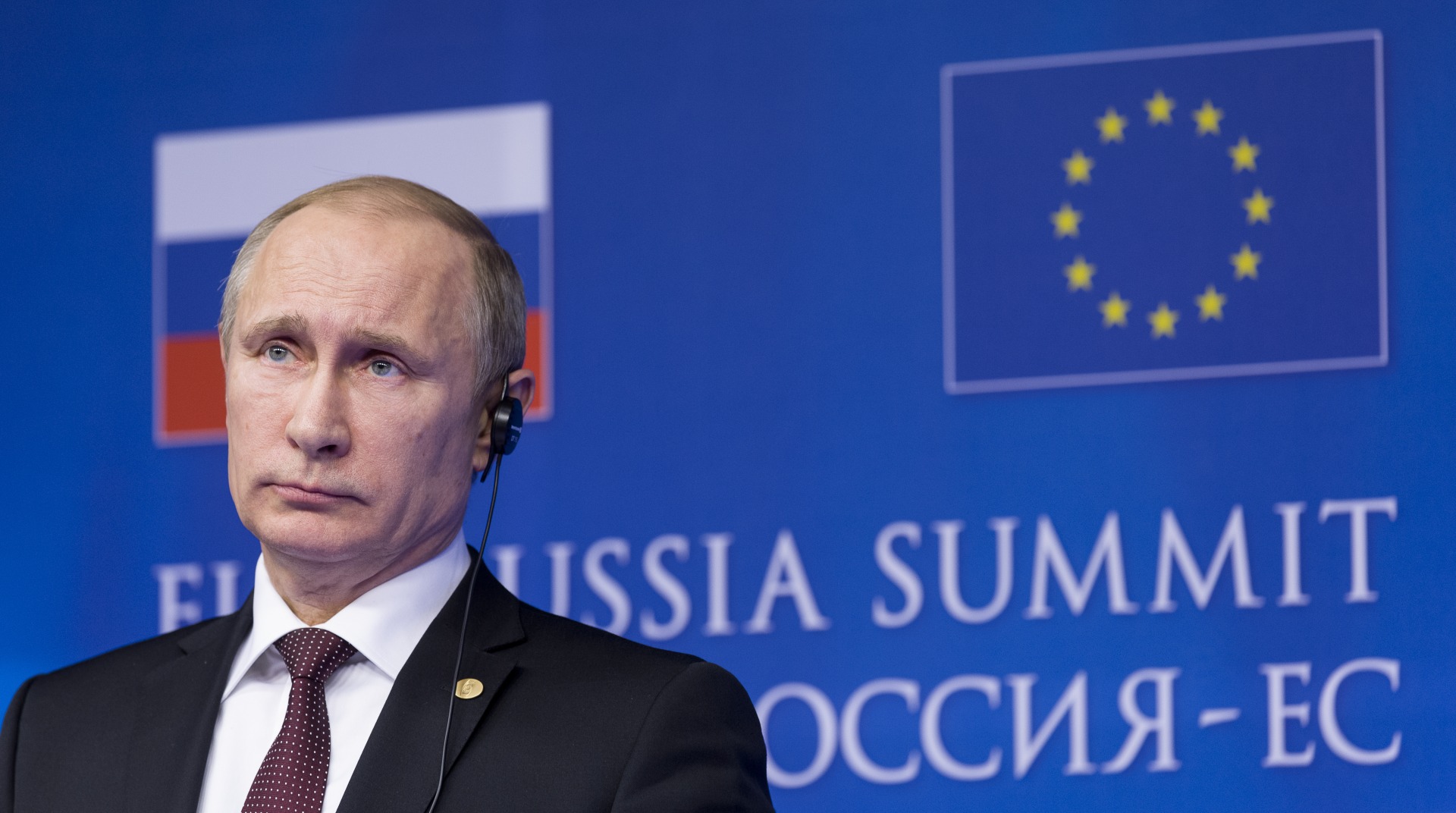
Will international taxpayers capitalize on the country where Russian officials are paying the cost of a war started by Moscow?
The current tax on repatriation of foreign companies wishing to leave the country, which can go up to 5%, could be increased by at least 10 percentage points or more, given the growing needs of the Russian war economy.
Since the start of the conflict in February 2022, Western companies have quickly faced a dilemma: stay in the country at the risk of isolation or Tap into the growing Russian market with over 140 million consumers. For those who do not want to give up Russian manna and towards end consumers who continue to buy even after the war on the border, the situation may at first appear in a favorable light. Hope? Be strong first to benefit from the market of competitors that have backed up.
Bad bet for these actors. The Russian Federation is facing a dire situation for its public finances : Moscow’s economic forecast called for a month-long war effort that was eventually dragged out. Although the situation in the hydrocarbon market is good, thanks to the reorientation towards China and India, it is not enough to meet the financing needs. On the operational front, inefficient or technologically outdated military equipment invites high costs in a way that would not see a Ukrainian counteroffensive from Moscow sending troops back to pre-2014 borders.
For the Russian government, the equation is delicate: Moscow does not want to depend solely on Beijing’s support Some diplomatic channels remain, but most sanctions-hit Russian companies can no longer contribute to the public pot. There is financial manna from international corporations. The Russian government budget is expected to run a deficit of 2% of GDP this year. If the volume of asset sales by foreign companies approaches $ 15-20 billion, as it did in 2023, the state can expect to recover at least $ 2 billion. The unexpected financial windfall on the backs of foreign companies offsets costs that are fully unknown, up to a third of what is classified as Russian state information.
These are the economic actors who thought that Russia, despite the war, could guarantee commercial security falling from above. And the tax foot is coming to justify companies that quickly left the territory, drowning a little more those who did not want to see what was at stake for them. One of the main hurdles for Austrian bank Raiffeisen, which made more than half of its profits in Russia in 2022, is now the intersection of a US investigation and Russian financial pressure that has forced it to consider costly arrangements. Get out of the way. Better, but too late to escape the Kremlin’s desire to gain more financial leverage against Xi Jinping. And a lesson for all companies that decide to stay: they will lose once because of new Russian taxes and twice because of international sanctions.
The Russian government believes the West, and particularly the European Union, is using “absurd” or “futile and thoughtless” sanctions against its economic interests on its territory. However, for Western companies, at least from outside Moscow, economic insecurity is now a threat.




More Stories
More than 200 former Republican aides back Kamala Harris | US Election 2024
An investigation into the ill-treatment of the Lev Tahor sect in Guatemala
Brossard is suspected by the US of supporting Russia’s war effort